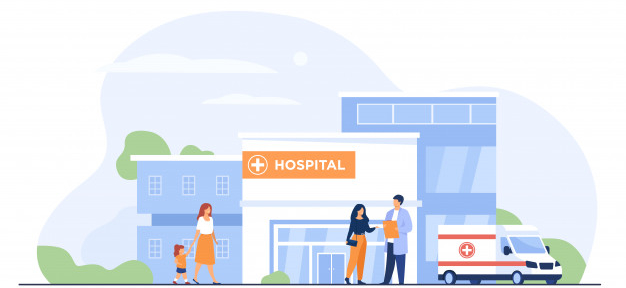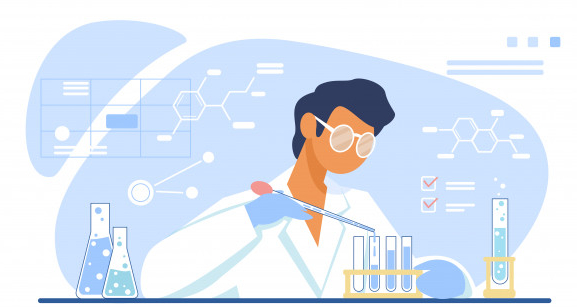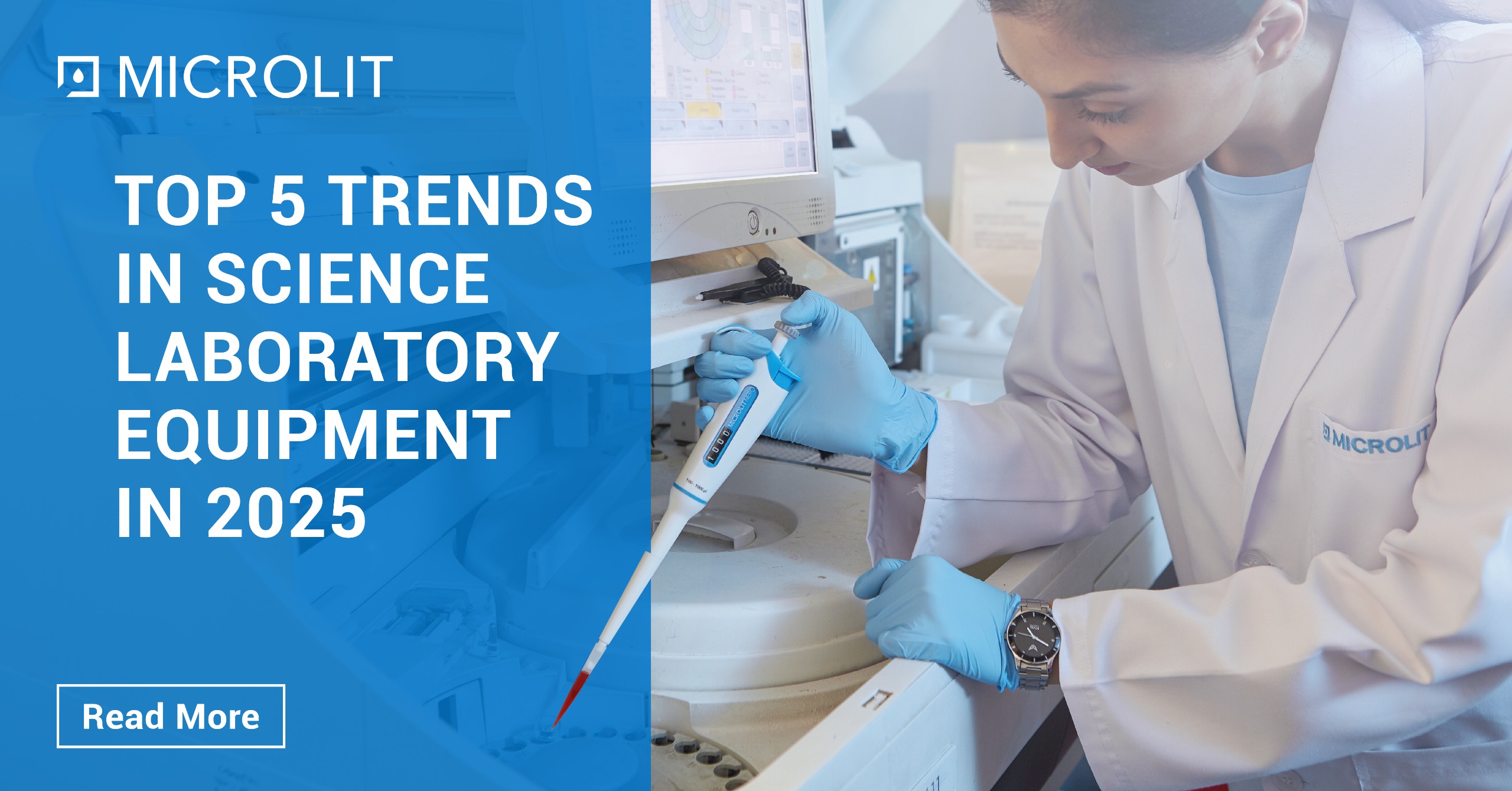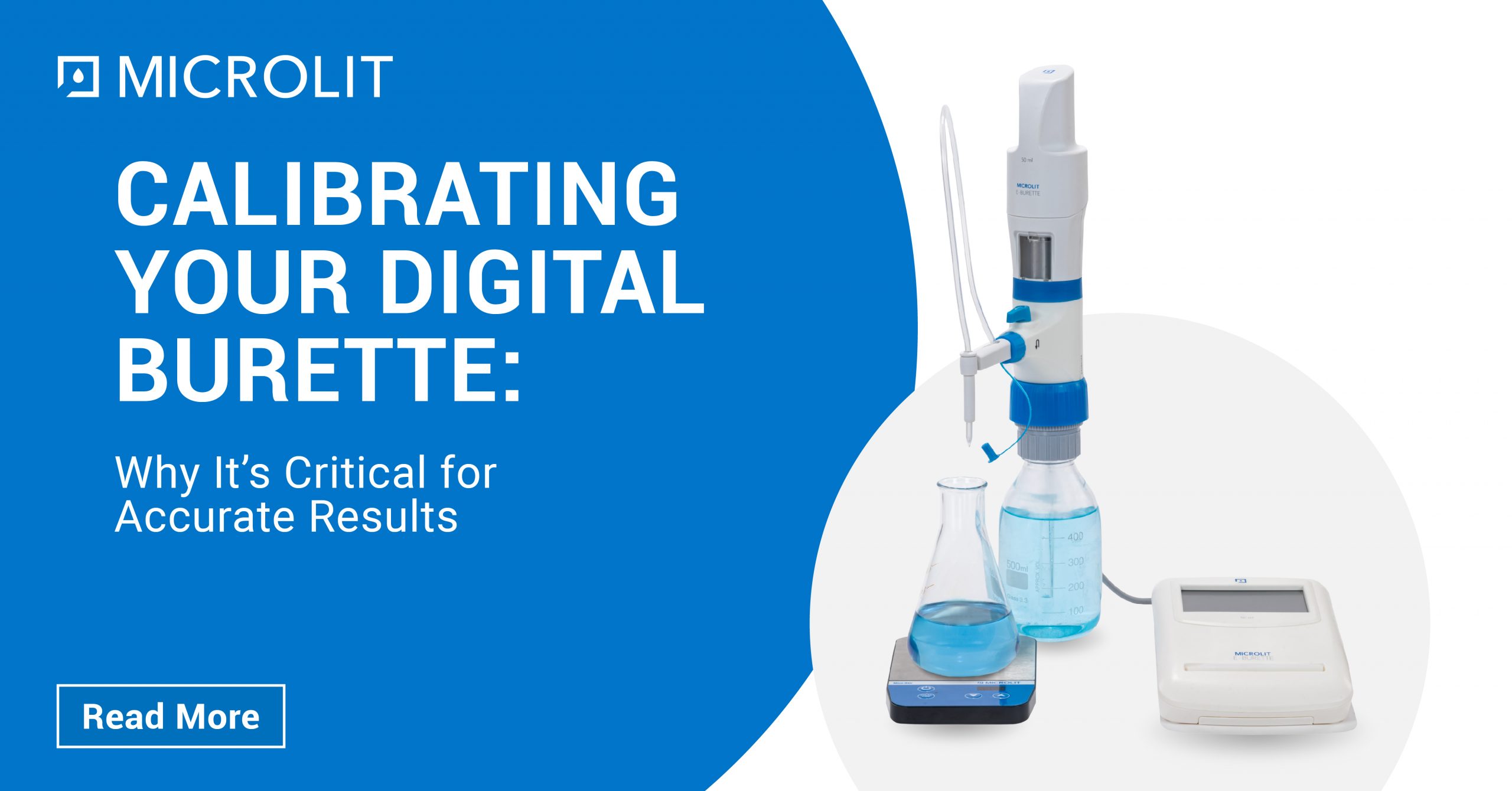Lessons the Scientific/Pharma Industry can Learn from COVID-19 & Past Pandemics
- July 31, 2020
- ENQUIRE NOW

The COVID-19 pandemic has affected us in unimaginable ways. From our daily lives to our shopping and working styles, it has warped everything into what is being called the ‘new normal’. While the world attempts to get a grip on the pandemic, the latter continues to swell, claiming more than 620,000 lives, as per the latest WHO reports.
As with every great outbreak, the COVID-19 response is being helmed by pharma, healthcare and biotech companies along with doctors and healthcare professionals. From therapeutic drug trials and vaccine development to the production of personal protective equipment (PPE) and ventilators, concerned teams continue to operate in full swing. As a large portion of the globe bears the brunt of the pandemic, history tells us that we have been able to emerge from much worse situations in the past.
Over a century ago, the 1918 flu, also known as the Spanish flu (H1N1 virus) infected more than a third of the population, claiming the lives of up to 50 mn people. The Black Death (Bubonic Plague), the deadliest pandemic in history, resulted in up to 200 mn deaths. Not long ago, the Swine flu (H1N1 virus) pandemic, claimed up to half a million lives. Pandemics have always paved the way for the initiation of many kinds of research as well as debates around our healthcare system. Let’s take a look at the key takeaways the pandemics of the past have to offer.
Key takeaways
-
Monitor public health closely

Pandemics have always revealed that the state of the healthcare system, across the world, is not robust enough to deal with an outbreak of a global scale effectively. A wise step to mitigate this situation, should it occur in the future, is to implement a public health surveillance system that can accurately predict potential outbreaks. This will require strong collaboration and prompt data sharing from governments & related bodies across the globe so that the scientific/pharma industry gets sufficient time to mobilise their teams.
-
Include the private sector

Even in the face of the COVID-19 pandemic, when the scientific/pharma industry is operating 24×7, we will have lost a significant percentage of the population before a vaccine is created, or worse, recurrence of the pandemic in several parts of the world. Since the disease struck, there has been a sudden and immense pressure on the industry, especially the public sector players, resulting in delays in the development of diagnostic tools that could have been avoided by engaging the private sector in a timely & systematic manner. Such partnerships can help resolve the issues of capacity constraints and in-time production, right from diagnostics to vaccine/drug development.
-
Develop effective platform technologies
There’s no way for us to know when the next pandemic would strike but till it does, we can be ready for it. However, a major concern is how do we prepare for something unknown? A good solution to this issue is platform technologies – a crucial, pathogen-agnostic tool designed to improve the quality & efficiency of drug development. The right platform technologies, along with a risk-based approach, can offer a flexible response for the development of both vaccines as well as therapeutics.
The future
The healthcare industry should be ready to cater to the behavioural shift that’s already underway. Now on, people may adopt a serious outlook towards getting prescribed vaccinations to keep themselves disease-free. Given the rate at which technological advancements are happening, they may seek medical assistance through online healthcare platforms.
As a company operating in the scientific/pharma space, one must maintain a buffer of drugs and vaccinations, healthcare equipment and follow strict protocols to curb the situation at the earliest, should the need arise in the future.
We have seen it in the past as well as in the present, the best way to fight a pandemic is to have a robust healthcare system and for all the countries to work together, and share accurate data to empower each other. No doubt, government intervention plays a significant role as well. Though it’s difficult to predict the mutation of viruses, scientists should continue their R&D efforts and be prepared to cope with unforeseen circumstances in the near future.





